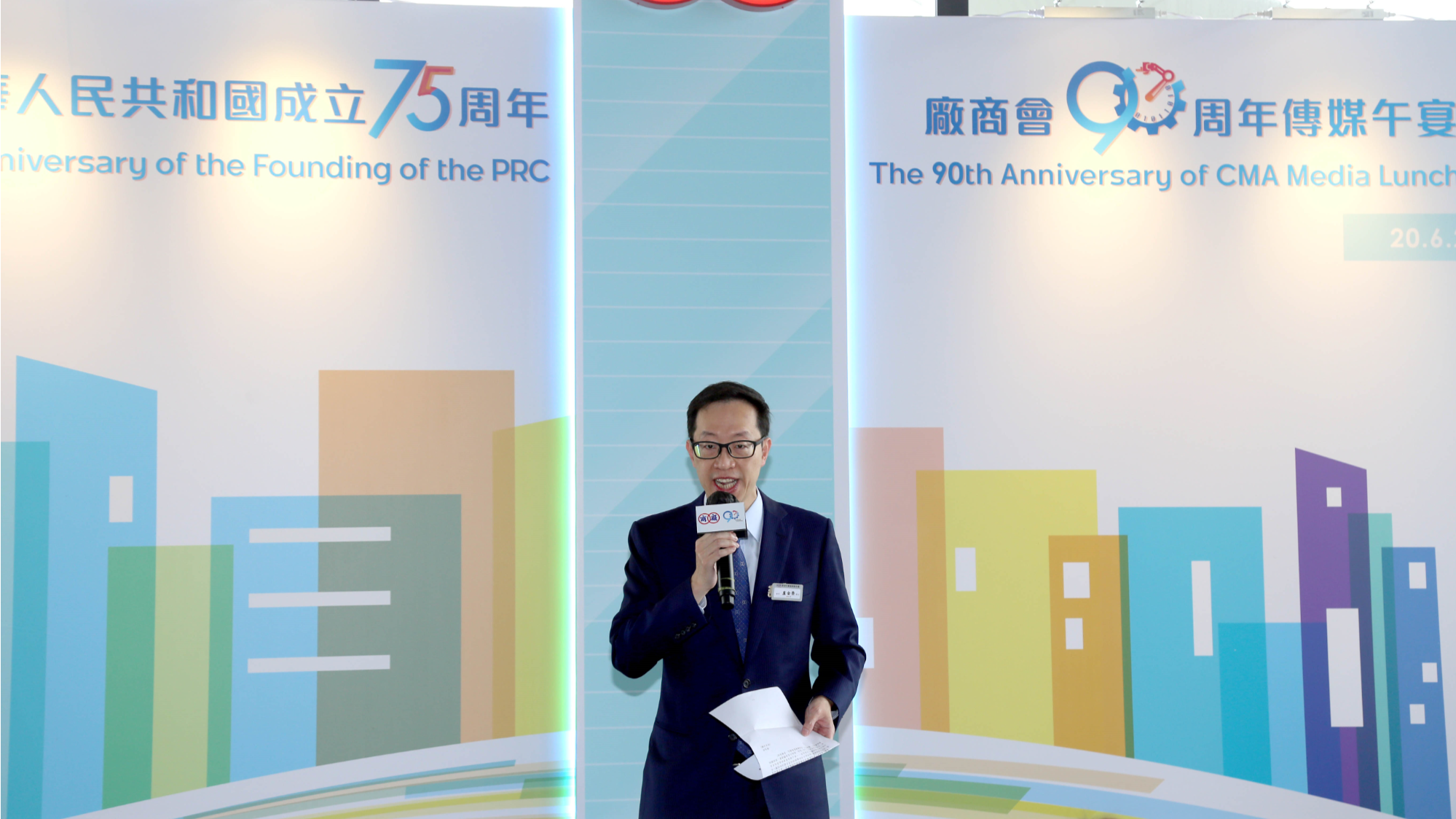
Manufacturers in the Hong Kong Special Administrative Region are diversifying their supply chains and exploring alternative markets as uncertainty returns with the impending expiration of the suspension of US “reciprocal tariffs” targeting most of the world.
The US announced wide-ranging “reciprocal tariffs” on dozens of countries on April 2, but a week later issued a 90-day delay in implementation for most countries, excluding the Chinese mainland and the Hong Kong and Macao special administrative regions. Subsequently, following an agreement reached between China and the US in Geneva on May 12, the two countries agreed to temporarily reduce the China-specific tariffs for 90 days, until mid-August.
This week, US President Donald Trump said that the initial 90-day suspension granted to most nations will not be extended beyond July 9, reigniting concerns over future trade conditions.
READ MORE: US slammed for further imposition of tariffs on HK products
In anticipation of a potential reinstatement of tariffs, manufacturers and suppliers in Hong Kong, an international trading hub, are proactively adjusting their strategies to mitigate the impact of renewed tariffs and trade disruptions.
“This uncertainty, combined with the prospect of additional tariffs on Chinese products, has prompted Hong Kong manufacturers to exercise caution regarding new orders with the US,” said Wingco Lo Kam-wing, president of the Chinese Manufacturers’ Association (CMA) of Hong Kong.
Lo added that CMA members are trying to complete existing orders this year as soon as possible and “are capitalizing on the 90-day reciprocal tariff suspension to clear backlogged orders ahead of the Christmas season”.
To help businesses navigate this challenging trade environment, Lo said, the CMA is promoting market diversification to strengthen supply chain resilience and flexibility, including expanding into the Chinese mainland, the Middle East, the Global South and countries involved in the Belt and Road Initiative.
READ MORE: Xia’s remarks reveal the impact of US tariffs on Hong Kong
Howie Wong, general manager of the Kampery Group, a supplier of coffee and related products, said that his company has been tapping into Southeast Asia, Europe and parts of North America. He believes such diversification will reduce his company’s vulnerability to the tariffs.
“We have been doing this for years and we will maintain this strategy,” Wong said.
He added that while US policy changes can affect his business, he is not overly concerned as his operations on the Chinese mainland and in Southeast Asian markets are growing much faster than in the US.
Frank Leung Yat-cheong, permanent honorary president of the Federation of Hong Kong Footwear and a trade veteran with factories on the Chinese mainland and in Ethiopia, said he is trying his best to complete existing orders in his mainland factory within the tariff suspension period.
He told China Daily that shoe factories with lower technical thresholds usually react quickly and shift manufacturing orders to locations with lower tariffs.
Were it not for the 90-day tariff respite, many manufacturing orders would have been transferred to his factories elsewhere that are less affected by rising tariffs, Leung said.
Steve Chuang Tzu-hsiung, chairman of the Federation of Hong Kong Industries, also pointed to the larger global economic challenges. “Any exorbitant tariffs will only severely disrupt global trade orders and economic recovery, and hence undermine global economic prosperity. We hope that the US administration will realize (there are) such serious consequences and reconsider its reciprocal tariffs,” he said.
Contact the writer at thor_wu@chinadailyhk.com


